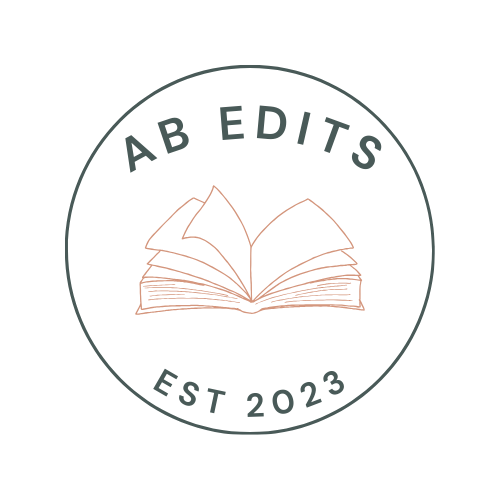The enduring power of physical books in a digital world
As 2023 was drawing to a close, I came across a CBC article that discussed a recent surge in the popularity of print books, especially among young readers. Since 2019, sales of print books have gone up 12% in the US. This is a surprising development; for years, market forecasters have predicted that by now, e-books would have all but eclipsed their print counterparts. Evidently, we are not quite there yet.
This turn of events is a reminder of the enduring power of physical books, and of physical things in general. Despite the dizzying speed of technological innovation, we remain physical beings in a physical world. We encounter our world through our five senses, and crave sensory experiences that ground us in reality.
Thomas Jefferson once said, “A lawyer without books would be like a workman without tools.” It is true that many lawyers are drawn to books; after all, the written word is the foundation of the legal profession. But most lawyers are also modern and are attracted to the latest legal technology. Tools like AI promise to improve efficiency, streamline processes, and simplify difficult work. But technology falls short when it comes to the basic task that lawyers must perform: thinking and communicating. Despite exponential technological advancements, lawyers still struggle to organize and articulate their thoughts in writing. In a sea of systems and solutions, mental clarity remains elusive.
The humble book can help mitigate this challenge. And the contents of the book are less important than the book itself. As Canadian philosopher Marshall McLuhan opined, “the medium is the message.” It is obvious that the Internet, a vast repository of data, is the wrong medium in certain contexts. Alternatively, books can remove mental barriers by igniting our senses.
Reading books is a tactile experience. It can engage the senses in the following ways:
· Touch: The reader feels the pages while flipping through the book, including the thickness, contours, and texture of each page.
· Smell: Many readers respond to the smell of books. Old books in particular emit a distinctive musty odor.
· Sound: As the reader turns the page, it produces a soft sound, like a whisper. Books also produce specific sounds when we take them out of a bookshelf, open and close the front cover, or place them down on a surface.
· Sight: The visual elements of a book can make a strong impression on the reader. In addition to the cover art and any illustrations, our eyes take in the font and colour of the text, as well the white space around it.
Tapping into your senses stimulates different parts of your brain. This, in turn, can broaden your thinking, create space for interesting connections, and allow ideas to flow freely. So the next time you are at pains to come up with an idea, explain a concept, or solve a problem, consider picking up a book and paying attention to your senses.
Suggested reading: Life in Five Senses by Gretchen Rubin
